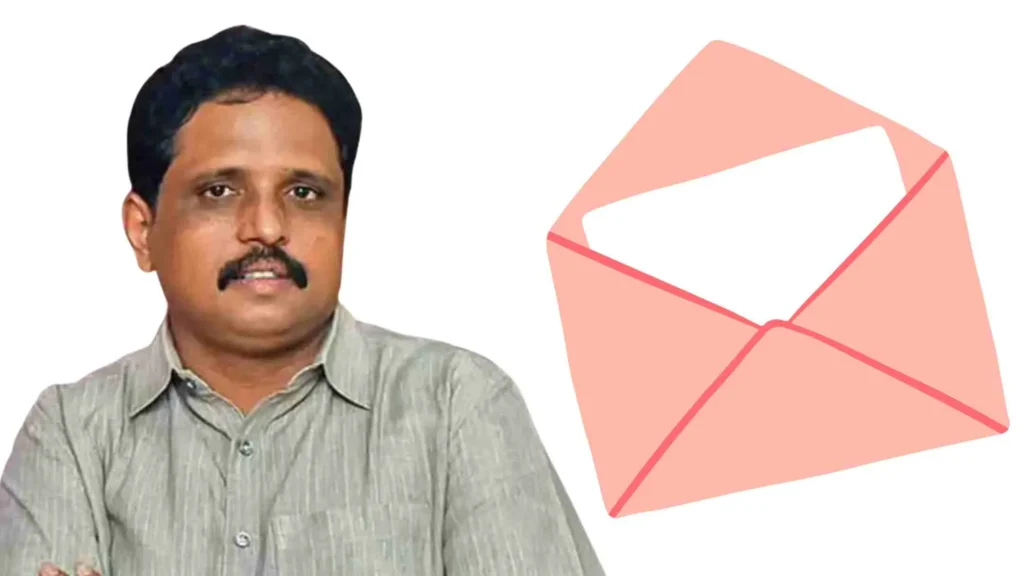A Member of Parliament from the Communist Party of India (Marxist) has written to President Droupadi Murmu, urging her to intervene in what he describes as a “disturbing and unconstitutional” move by the Comptroller and Auditor General (CAG) of India to engage private audit firms in public sector audits.
Su Venkatesan, the MP from Madurai, raised concerns over a recent tender floated by the CAG inviting private Chartered Accountant firms to assist in audits of government-owned companies and local bodies under the provisions of the Companies Act. In his letter dated June 3, Venkatesan warned that such outsourcing could seriously erode the constitutional independence of the country’s top audit institution.
“Outsourcing audit work to private firms compromises the sanctity of the CAG’s office, blurs the lines of accountability, and opens the door for political and commercial influence in matters of public interest,” he wrote.
A Constitutional Role in Question
The Comptroller and Auditor General of India, established under Article 148 of the Constitution, is tasked with auditing all receipts and expenditures of the central and state governments, public sector undertakings, and government-funded bodies. Its reports are placed before Parliament and state legislatures and are crucial for legislative oversight and public accountability.
Venkatesan argued that by inviting private players into this process, the CAG is effectively outsourcing a constitutional function, which could dilute the integrity of public audits and potentially expose sensitive government data to entities outside the purview of parliamentary scrutiny.
“This isn’t just an administrative decision—it’s a systemic shift that weakens one of the pillars of our democratic checks and balances,” he said.
Tender Sparks Broader Concerns
The CAG’s tender notice has drawn criticism from several quarters, including legal experts and transparency advocates, who believe that such a move sets a troubling precedent. While outsourcing limited technical work is not new, critics argue that the scale and scope implied in the current tender could shift the core responsibilities of the CAG from public audit to supervisory oversight.
The issue also touches on the broader question of privatization in the audit ecosystem and the tension between cost efficiency and constitutional accountability. Observers fear that commercial interests could take precedence over transparency when private firms are given access to the inner workings of public institutions.
In his letter, Venkatesan urged President Murmu, as the custodian of the Constitution, to review the legality and appropriateness of the CAG’s decision and ensure that such core functions are retained within the boundaries of public institutions.
Awaiting a Response
As of now, neither the CAG’s office nor the President’s Secretariat has publicly responded to the letter. The CAG has maintained that its engagements with private firms are in line with provisions under the Companies Act, but legal scholars argue that this cannot override the constitutional mandate under which the CAG operates.
With Parliament expected to take up the matter in the upcoming session, the debate over the limits of outsourcing and the independence of constitutional bodies is likely to intensify.


